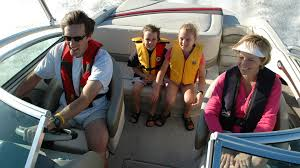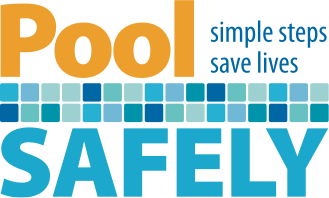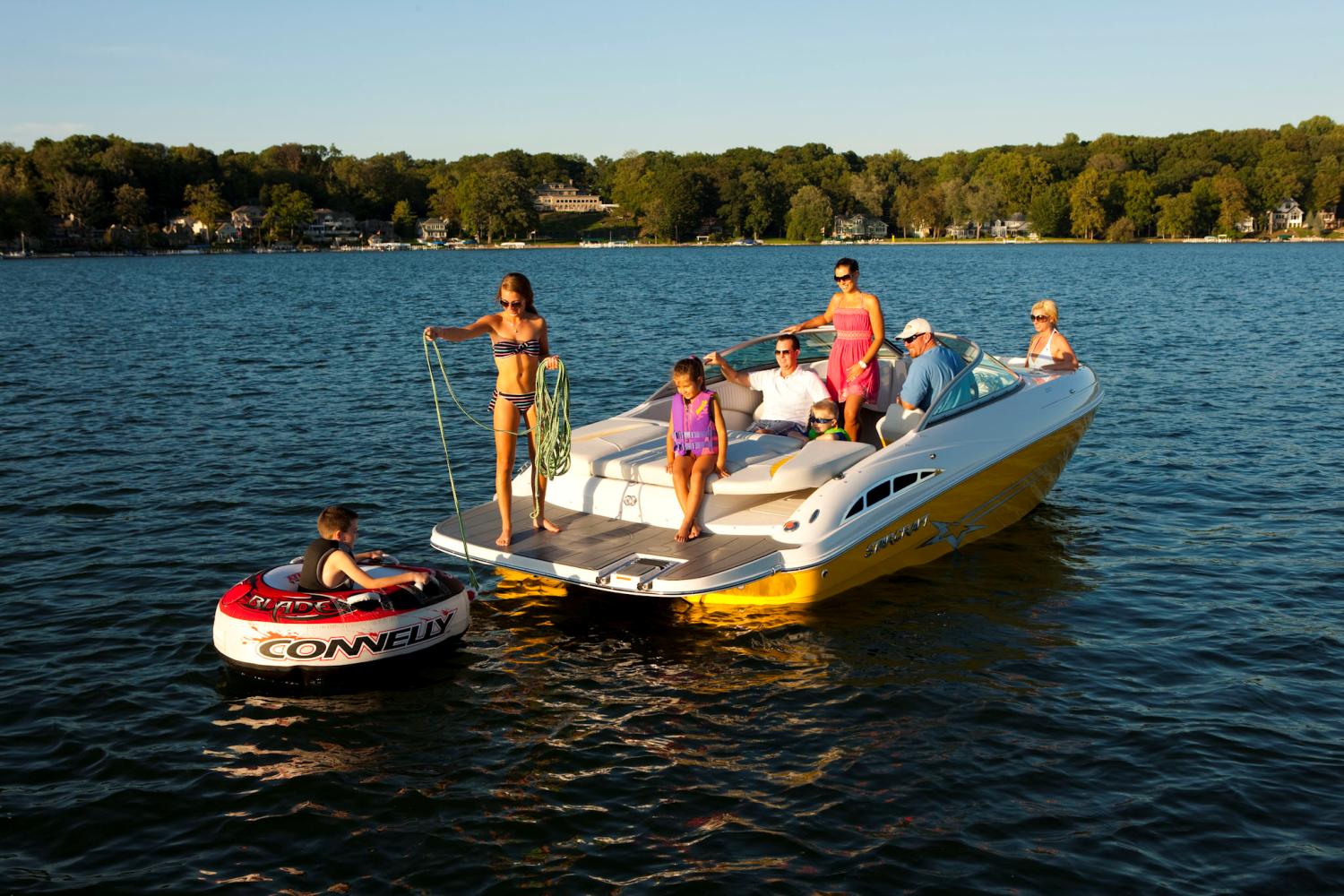 Summer means boating season. Whether you are an experienced captain or a novice skipper, it is always a good idea to review basic boating safety tips before you shove-off on your next water adventure.
Summer means boating season. Whether you are an experienced captain or a novice skipper, it is always a good idea to review basic boating safety tips before you shove-off on your next water adventure.
Be Weather Wise. Check the local forecast before you depart. If you notice darkening clouds, volatile winds or a sudden drop in temperature, head for shore immediately.
Designate an Assistant Skipper. Make sure at least one other person in the boat is familiar with the specific boat’s operation and overall boating safety procedures in case the primary navigator becomes injured or incapacitated.
Development a Float Plan. Make sure you inform someone on shore of your itinerary – where you are going and your estimated return time. In addition, make sure they have your name, contact information, boat type, and registration information.
Use the Lifejackets. Ensure you have the appropriate number of life jackets that your vessel requires. Everyone riding in the boat should wear a lifejacket at all times. You should have child size jackets for all children on board. The child jackets should have a collar that will turn a child face up in the water, include strong waist and crotch straps, include a collar strap, and be brightly colored for increased visibility.
Avoid Alcohol. The probability of being involved in a boating accident doubles when alcohol is involved. And, the effects of alcohol are exacerbated by sun and wind. Always designate a skipper on board who is not drinking or taking any drugs.
Learn to Swim. If you are going to be in or around water, part of proper boating safety is knowing how to swim. Take lessons through your local American Red Cross office or other community program.
Watch the Pets. Many people want to include their four-legged friends in the boating fun. Let your dog get acquainted with your boat while it’s still on the trailer. Make the first outing short and do it on a day that offers cooler temperatures. When out on the water, make sure there is plenty of water and shade on board. And, don’t assume all dogs know how to swim. Dogs should wear a properly fitted pet lifejacket, which is designed to keep them in a horizontal position and offers straps for easy retrieval should your pet fall overboard.
Take a Boating Course. All boaters need to be familiar with the boating safety rules of operation. Boater education requirements vary by state, however, some states may require specific certifications or licensure to operate a boat. Regardless of your state’s requirements, it’s always important to be educated and prepared for every circumstance that may arise. In Missouri, the Missouri State Highway Patrol, Water Patrol Division offers the Boat Missouri Course.
Get a Free Vessel Safety Check. The U.S. Coast Guard offers free boat examinations to verify the presence and condition of certain safety equipment required by state and federal regulations. They will provide a boating specialist who will conduct the safety check in-person or they can do a virtual safety check online. Visit the U.S. Coast Guard, boating safety division for more information.









